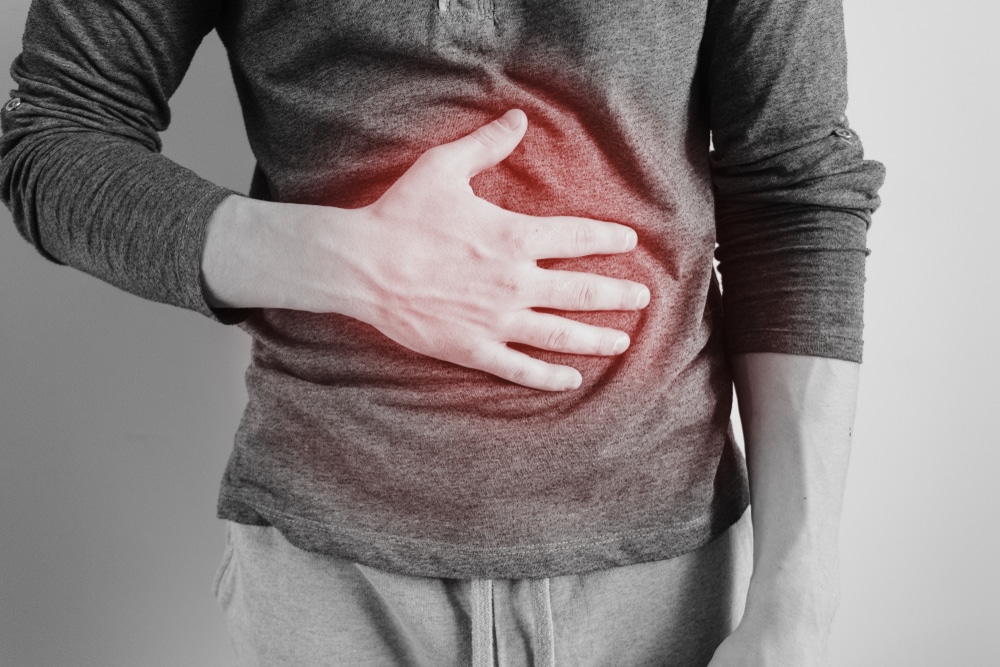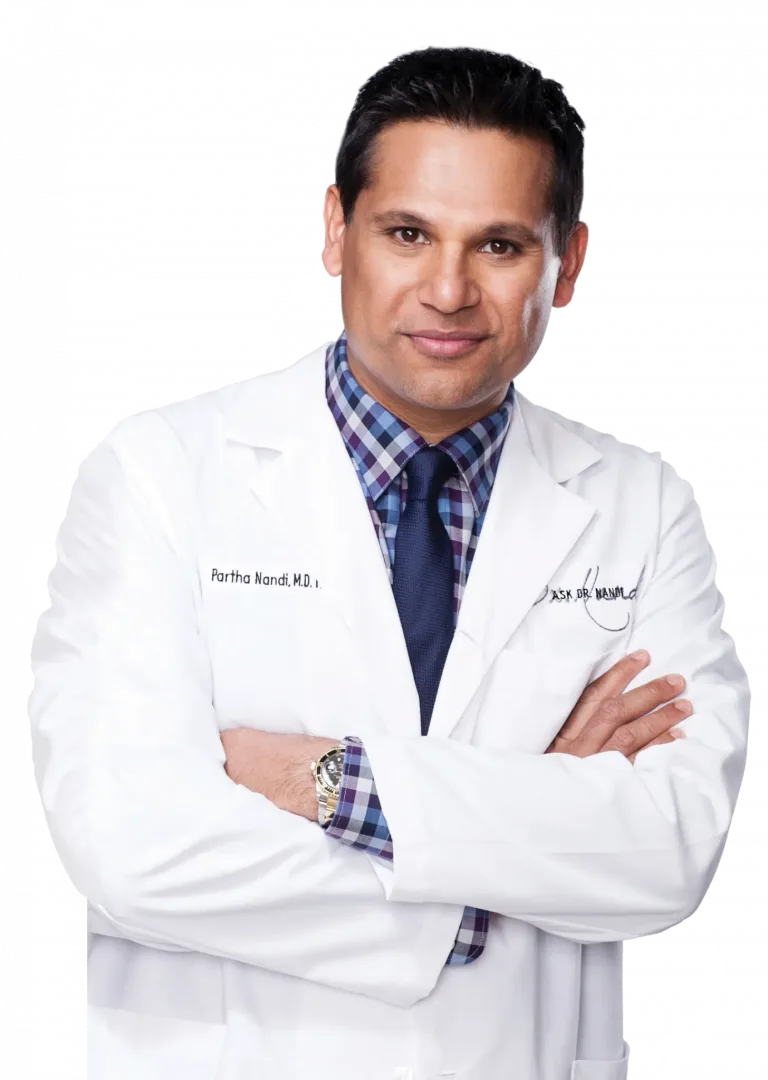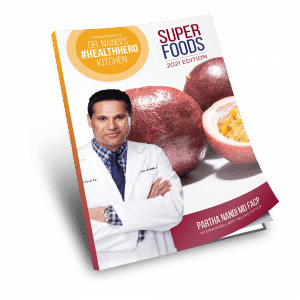The gut microbiome is essential in keeping our bodies healthy and functioning properly. While many things can alter the balance of this miniature ecosystem, researchers have found a concerning link between gut bacteria and antibiotics. Since antibiotics kill both good and bad bacteria, the microbiome can be disrupted for up to 6 months after treatment.
Of course, antibiotics have many benefits. They can even be life-saving in certain situations, such as sepsis. In light of their powerful effect on beneficial bacteria, though, it’s important to understand how to use them wisely while supporting gut health.
The Link Between Gut Bacteria And Antibiotics
The human gut is home to trillions of bacteria from a wide variety of different species. Some of these bacteria are good, while others can potentially be harmful. When this microbiome is balanced, health can flourish throughout the body. If gut bacteria become unbalanced, however, the bad can outnumber the good. When there aren’t enough species of good bacteria, inflammation can cause chronic conditions to flourish.
A 2018 study aimed to examine how antibiotics affect gut bacteria. In the study, 3 different antibiotics were given to participants, all young, healthy men, for 4 days. They were then followed for 6 months. The results showed that after just 4 days of taking antibiotics, almost all of the participants’ gut bacteria were wiped out.
Over the following 6 months, the gut bacteria population went back to near-baseline levels measured before the study. However, 9 different species of good bacteria were missing–and these had all been detected before the study. This loss of diversity, if not rebalanced, could affect overall health in both the gut and elsewhere in the body.
It’s important to understand that the antibiotics given in the study were intended to mimic a “last resort” treatment. This is a similar treatment given in intensive care units. While most people prescribed antibiotics don’t need such intense regimens, the findings highlight how gut bacteria can be disrupted. (1)
Rebalancing The Microbiome
Antibiotics should only be used to treat certain and specific infections. Common uses of antibiotics include treatment of strep throat, and UTI (urinary tract infection). They should only be taken when needed as overuse can cause bacteria to become resistant. (2)
To help combat the loss of any good bacteria species when taking antibiotics, some studies suggest that supplementing the gut with probiotics after treatment may help. Some research shows that taking probiotics can help alleviate symptoms of antibiotic use, such as diarrhea. (3) However, one 2018 study found that supplementing with probiotics after antibiotic use in one group delayed the microbiome’s recovery. (4)
Since probiotics may not deliver the same effects to everyone’s microbiome, eating pre and probiotic foods may be the best way to support gut health. Fermented foods like yogurt, kimchi, kombucha, and sauerkraut can promote healthy bacteria. High-fiber foods like whole grains, nuts, seeds, beans, and berries can also feed good bacteria the prebiotic fiber they need to grow. This, along with the body’s own abilities, can help restore any imbalance between gut bacteria and antibiotics treatment.
Sources:






